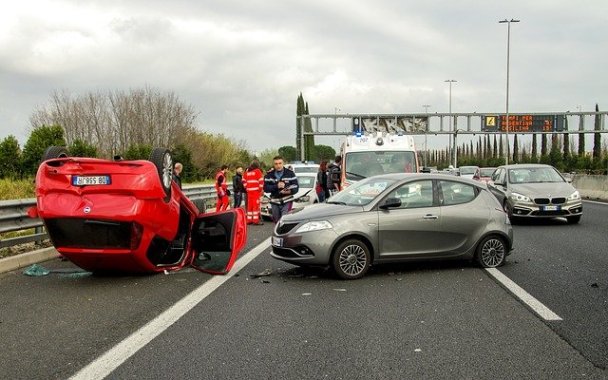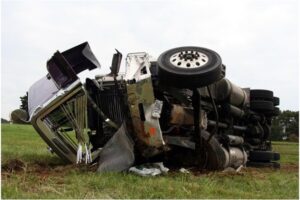When you get into an accident, there are likely going to be a lot of questions going through your head. It does not matter if the accident was major or minor, there are certain things a person is going to be worrying about. One question that comes up often regarding minor car accidents is whether a person has to call the police or not.
Do you have to call the police following a minor car accident?
This question can be a little more complicated than you would like due to multiple factors. One factor that is important is determining what a minor car accident even entails. Figuring out whether a car accident was minor or not may be self-evident in a lot of different situations, but in others, the line between a minor car accident and a major car accident gets somewhat blurred. A minor car accident may still involve damage to the vehicles and injuries to people involved in the accident, but as a rule, these damages are going to be, well, minor in order to qualify as a minor car accident. If the injury is severe enough that it is important that you call the police (and, most importantly, an ambulance), then you make sure that you give them that call.

The second factor that must be considered is which state in which you reside. Different states have different laws regarding what a person should do. In order to ensure that you do not run afoul of the law, you should always ensure whether your state has laws that require you to call the police following a minor car accident. However, regardless of whether your minor car accident requires that you call the police, conventional wisdom suggests that you may be best served by contacting the police anyway. As mentioned above, it is not always easy to determine whether a car accident is minor or not, not unless you have specific experience that would aide you in such a determination. You may have an injury that is more severe than you realize, for instance. This not only entails that getting it on record with the police will help if you ever need to get compensation using a law firm such as that of Rieders, Travis, Humphrey, Waters & Dohrmann, but it may prove invaluable in having your injuries treated.
As mentioned above, you may need to seek some form of compensation for damage to either your vehicle or yourself. Unfortunately, even if a driver is in the wrong, that does not mean that they will be willing to cooperate with you. In fact, they may be downright aggressive and/or duplicitous. Having police on-hand to serve as a neutral party reduces the risk of this happening. The other driver may even try to pull a fast one on you in order to avoid paying out for the damages they may have put on you. If you have any reason to believe that the other driver is not going to be cooperative, getting the police involved can help things quite a bit.
Even if the other driver is being cooperative, that does not mean that they will be willing to agree with you on them being responsible, even partially, for what happened. As such, having a neutral observer to determine the facts of the situation and, in turn, provide a neutral determination of what happened and why. Having a police report on file will also help make the insurance situation less frustrating and complicated. Speaking of your insurer, your insurance provider may require that you get a police report for the incident in order to get compensation. As a result, make sure that you do not throw caution to the wind.
When the police actually arrive, make sure that you give them an appropriate level of information. If you provide too little information, it may present an inaccurate sequence of events that could lead to the other driver’s story being given more credibility. On the other hand, if you give the cops too much information, that runs the risk of something you said proving to incriminate you when all is said and done. It may not completely remove any potential compensation, but at the very least, you may see a reduced level of compensation if you are partially at fault. For instance, if you were not paying adequate attention, that may have contributed to the accident. However, divulging such information would only see you miss out if the other driver was mainly at fault.




